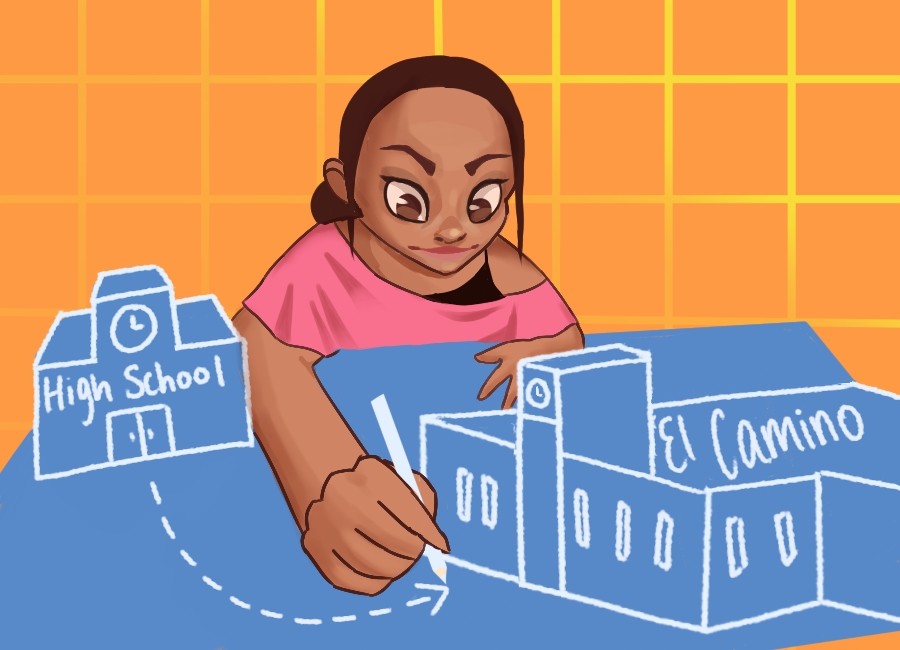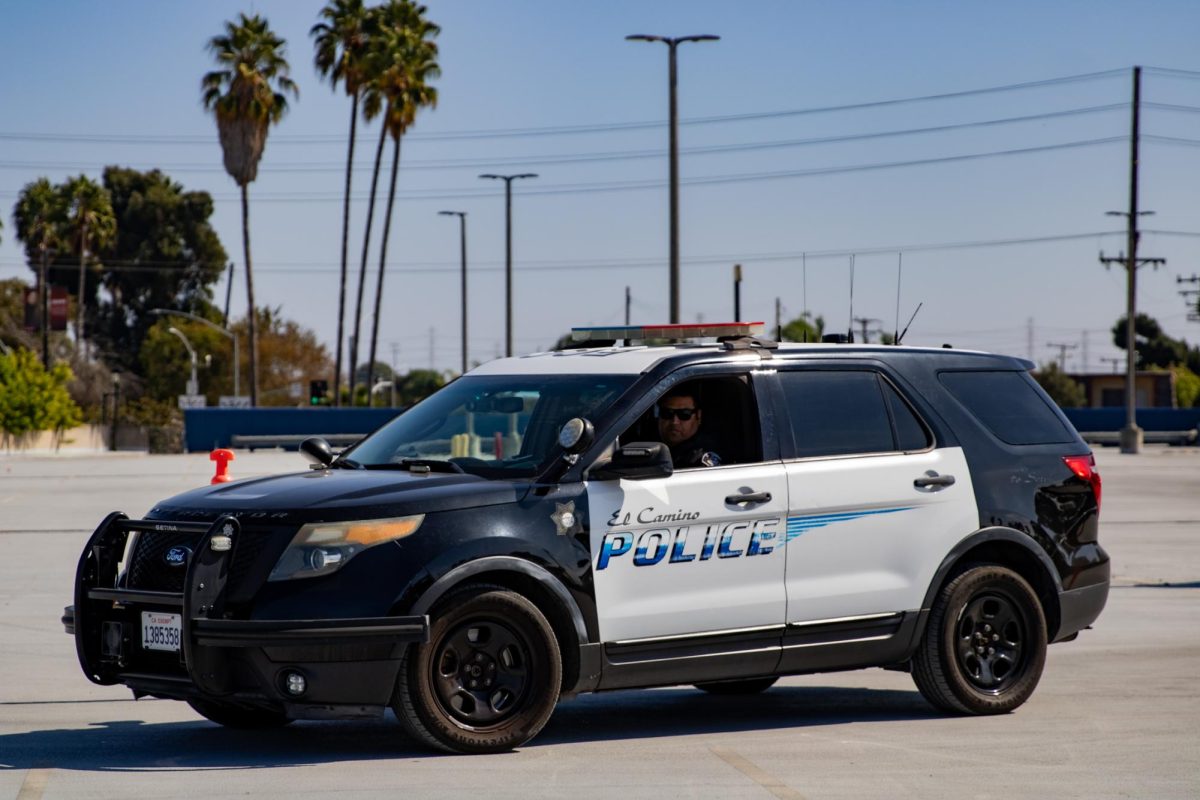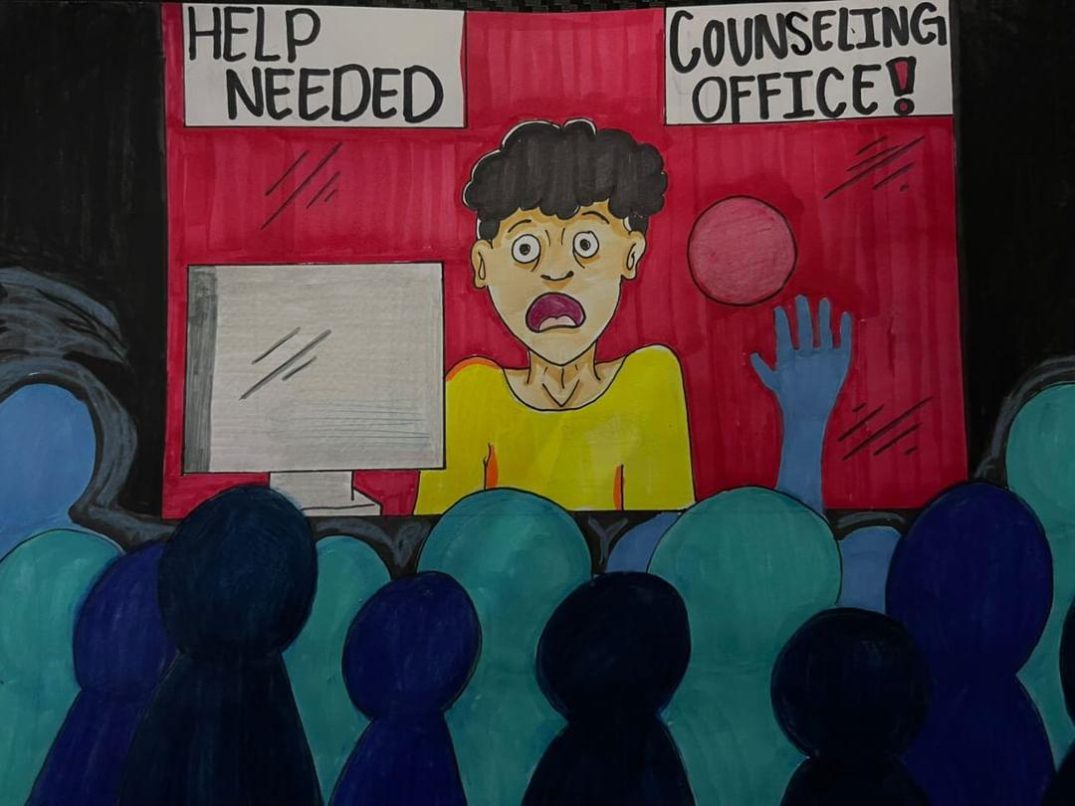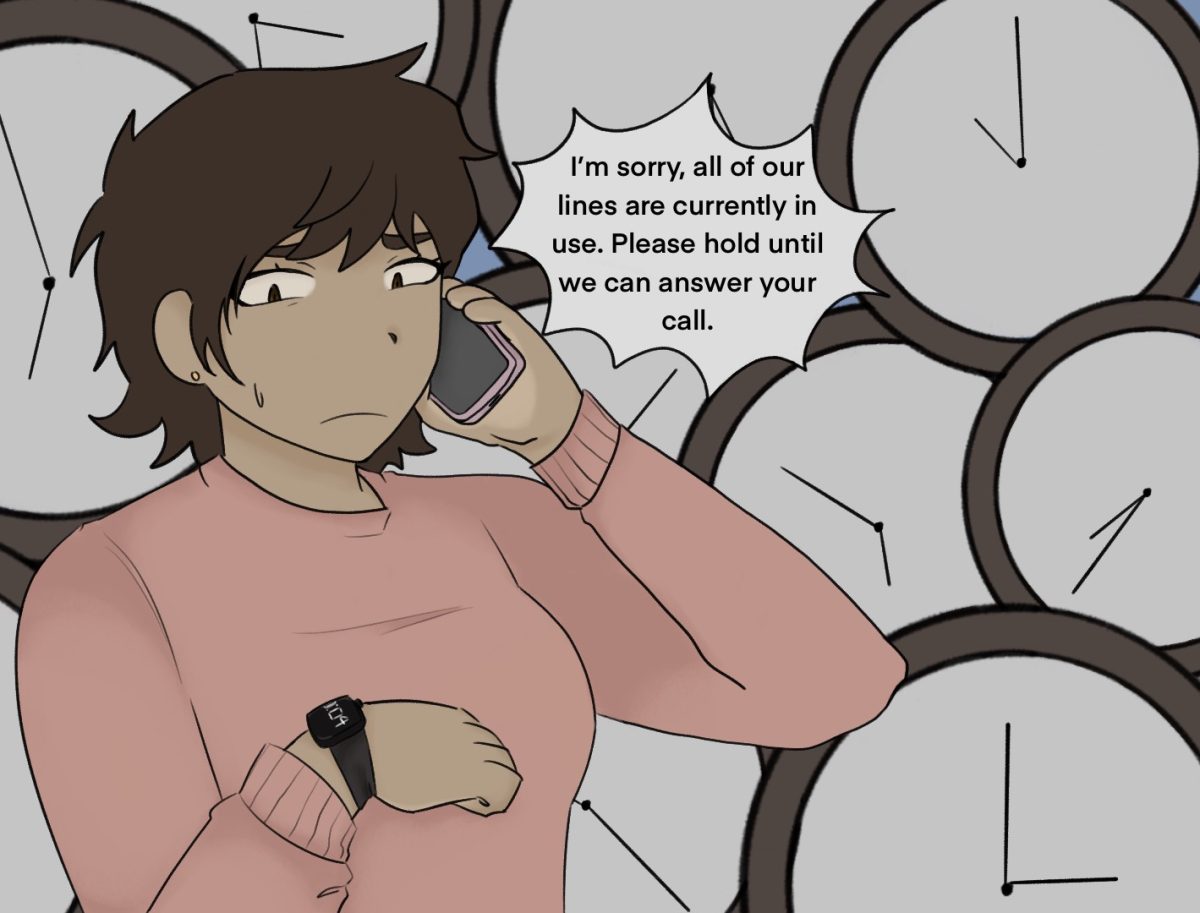Walking out of his home, Daniel turned around, blew a kiss to his mother, told her that he loved her and that he would be back around noon for lunch.
On the way to the beach at 6 a.m., Daniel was approached by two older teenagers and asked, “Why are you here? This isn’t your spot; go home.”
Fifteen-year-old Daniel was in the neighborhood between his house and the beach and was confronted on the route that his late father had taken him to ever since he could remember.
Contrary to the memorable occasions with his father in the past, times have changed and now one’s neighborhood is indicative of what can happen in today’s society.
Daniel knew he was in trouble and ran, but now he lies comatose in the hospital with a respirator and feeding tubes hooked up to him to go along with a cracked skull, broken ribs, a broken collarbone, a broken sternum and punctured lungs.
This is one of the many incidents that stem from individuals and groups that associate themselves with a particular area and defend it.
One reason these things happen is the desire to have material possessions and a place to call home. This is a growing problem as people engage in useless altercations over public property.
These individuals and groups engage in turf wars, which are confrontations between them and either the general public or similar groups over its territory.
For most people, the usual names in turf wars stem from the three common Los Angeles-based gangs, Bloods, Crips and the most infamous being the 18th Street gang, consisting of an estimated 20,000 members.
Unfortunately, there are no indicators on maps or street signs that show where the marked territories exist; instead, they are found out by seeing an altercation in that setting or by word of mouth.
Turf zones can also be defined by the clothes worn, the dialogue spoken or the living location, which is catastrophic because the common civilian will share clothing, dialogue or location similar to that group and not think anything of it.
As for how these areas are enforced, consequences can range from a simple verbal warning to getting beat up, as in Daniel’s case, which is absolutely ludicrous because these pathetic people are taking public property, which is paid for by everyone’s taxes, and making it their own.
These turf wars only benefit the members who inflict the punishment, but the damage is felt by individuals like Daniel, his family, friends and the neighboring community.
If only these gang members would put their time and effort into something productive, like sports or clubs, instead of hurting others to fill that lingering void that burns inside their hollow bodies, everybody would be better off.






